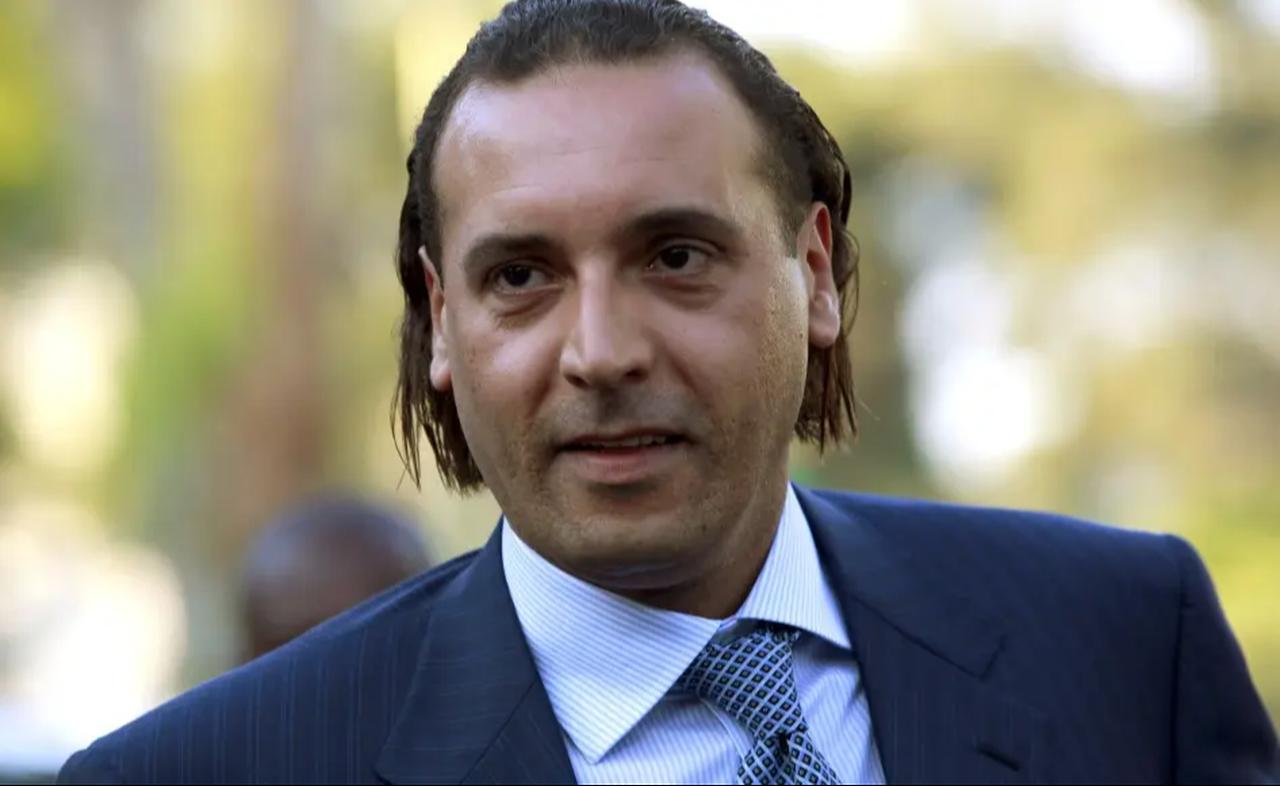
Lebanese authorities have agreed to release Hannibal Gadhafi, the son of late Libyan leader Moammar Gadhafi, on bail set at $11 million, while imposing a travel ban on him.
The Lebanese National News Agency reported on Friday that “Judge Zaher Hamadeh, the judicial investigator in the case, approved the release of Hannibal while imposing a travel ban on him.
For his part, Laurent Bayon, Hannibal’s lawyer, said that the defense will appeal the financial bail imposed by the Lebanese judiciary for his client’s release. Bayon explained that “a conditional release on bail is completely unacceptable in a case of arbitrary detention like this one, and we will appeal the bail.” He noted that his client is “subject to international sanctions” and therefore unable to secure the amount.

In 2015, unidentified individuals kidnapped Hannibal in Syria and transferred him to Lebanon, whose authorities at the time ordered his arrest. He has remained in custody since then as part of an investigation into the disappearance of former Amal Movement leader Musa al-Sadr in Libya in 1978.
Sadr, a prominent Lebanese Shiite cleric, vanished during an official visit to Libya in 1978—a mystery still unresolved. Although Hannibal was only 2 years old at the time of Sadr’s disappearance, according to Human Rights Watch.
Several weeks ago, Human Rights Watch called on the Lebanese authorities to immediately release Hannibal, who has remained in arbitrary detention for nearly a decade without trial or clear legal justification.
Ramzi Kaiss, a Lebanese researcher at Human Rights Watch, stated that Hannibal’s case “symbolizes a fractured judicial system that lacks independence and is subject to political pressure.”
During a visit by an HRW researcher on Aug. 12, Hannibal described the deterioration of his physical and mental health after years of isolation in an underground cell, deprived of regular contact with his family and lawyer.
He also suffers from chronic effects of malnutrition and from torture he endured during his abduction on the Syrian–Lebanese border in 2015.